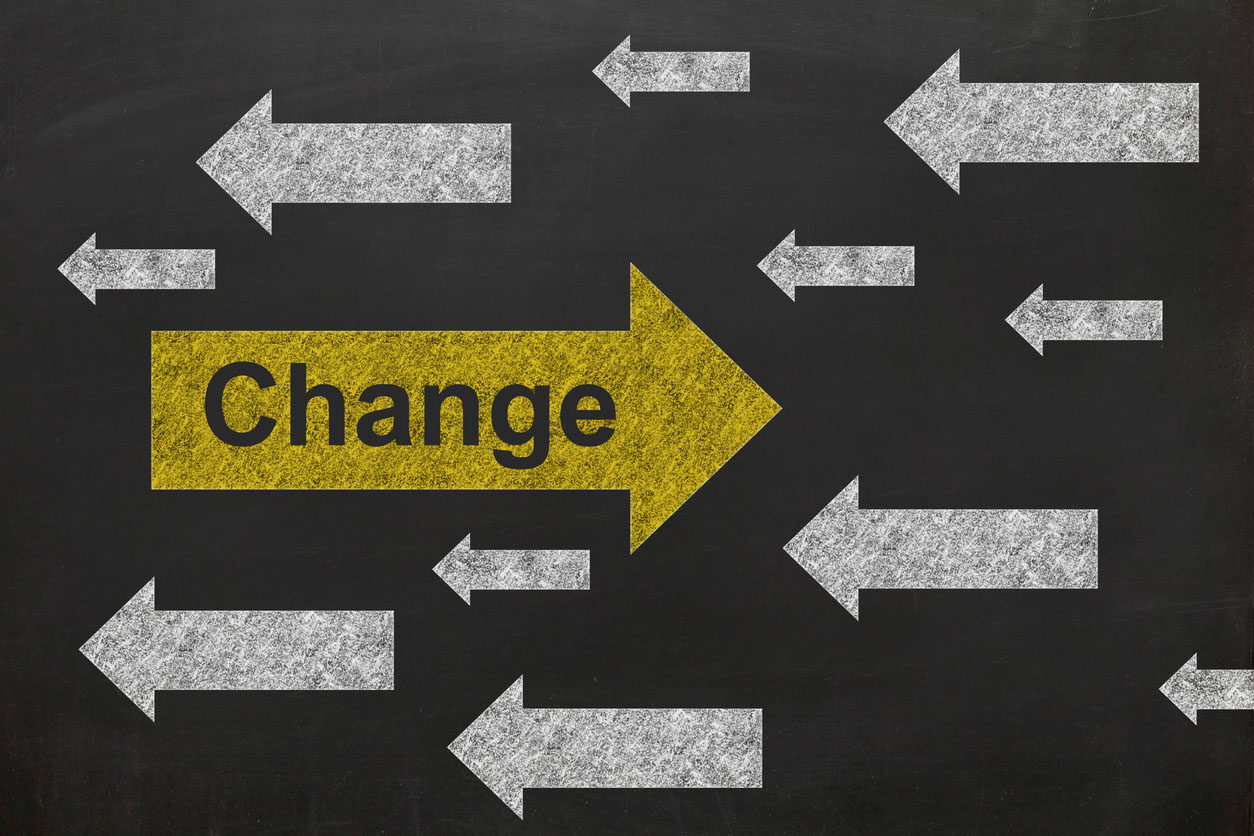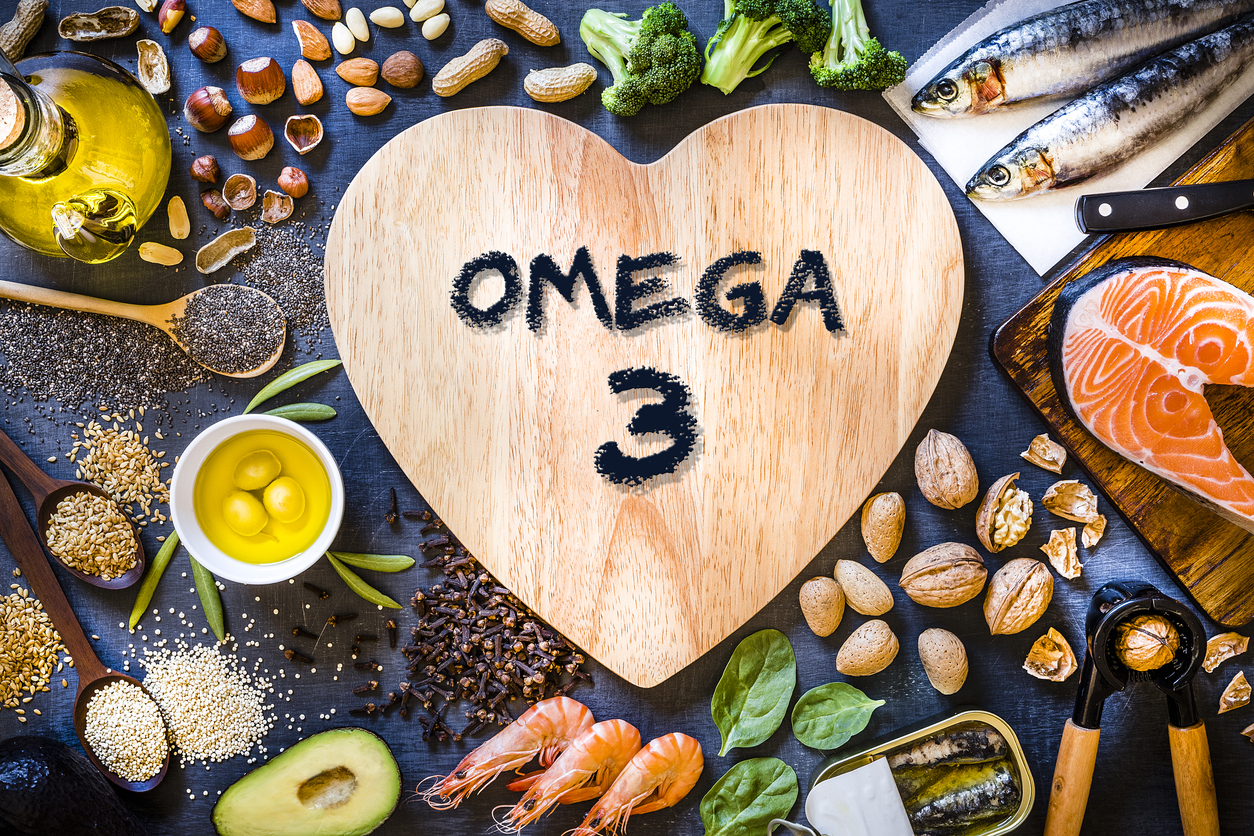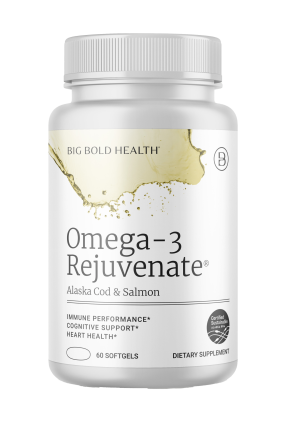The news last week shocked me, as it did undoubtedly many of you: Dr. Nicholas Gonzalez, America’s foremost integrative cancer pioneer, had died suddenly.
He died suddenly at home of unknown causes. Until then, he had been in excellent health. Preliminary autopsy results have been inconclusive, but do not support the initial belief that he might have suffered a heart attack. Further tests are underway to determine the cause of death.
Nick was both a friend and an esteemed colleague. I have known him for thirty years. We were kindred spirits, having started out in integrative medicine around the same time. I chose the path of general practice of integrative medicine; Nick focused passionately on solving the riddle of cancer.
Both of us came to medicine as a second thought, after completing our college education in liberal arts. Nick was a fledgling journalist researching cancer when he shadowed eminent cancer pioneer Dr. Robert Good, the inventor of bone marrow transplants. He became intrigued with the mystery of cancer, and with Good’s encouragement, he sought to do an investigative story on the controversial cancer practitioner William Donald Kelly.
Kelly was an orthodontist in Texas who was given a death sentence when he was diagnosed with terminal pancreatic cancer in the 1960s. He closed his practice and got his affairs in order, but his mother told him he didn’t have to die. Reluctantly, in an effort to humor her, he tried her raw foods diet and fresh juice concoctions.
Then, a strange thing happened: His tumors began to shrink. And, eventually, his oncologist rescinded the cancer diagnosis.
Kelly attempted to return to his dental practice, but soon became inundated with patients who were not interested in tooth-straightening. Word got out that he had the ability to cure cancer, and the desperate began to arrive. Soon he was refining his natural approach to fighting cancer.
Nick Gonzalez was skeptical when he first went to see Dr. Kelly, but soon became impressed with his successes. He spent many months patiently studying with the often-irascible and eccentric Dr. Kelly.
After obtaining his medical degree, Gonzalez adapted Kelly’s “metabolic typing” methodology and opened up a practice in New York City. He soon garnered a reputation for curing the “incurable.”
His was a rigorous, demanding program involving liver/gallbladder flushes, coffee enemas, and massive amounts of supplements, including handfuls of pancreatic enzymes. His dietary recommendations were tailored to the patient’s individual metabolic type—ranging from total raw foods vegan to high animal protein and fat.
Neither Nick nor I were social animals, but our paths often crossed at medical conferences, and we would run into each other from time to time on the street here in New York City. He was usually coming back from a shopping trip to Whole Foods to get his organic vegetables and grass-fed meat.
Nick was a frequent guest on my radio program and podcasts. He was perhaps the fastest-talking personality I ever interviewed. It was as if his brain was working at warp-speed.
He had an insatiable curiosity, and kept up with both conventional and alternative medical findings. He was scholarly to the utmost degree, and spent most of his “down-time” researching and writing voluminous books.
Most remarkable was the “sang froid” with which he approached the most challenging cancer patients. This French expression, literally translated, means “cold blood.” Not in the sense of ruthless or cruel, but rather, the quality of keen objectivity and cool detachment that enabled him to calmly plot a healing path for desperate cancer patients.
With Dr. Gonzalez at the helm, fearful, confused patients gained a precious measure of hope and coherence. This required enormous fortitude on Nick’s part, a quality I deeply admired.
But seeing “impossible” patients from morning until night and making himself available to them 24/7 for crisis management was for Nick the lesser part of his challenges. Because his treatments were so controversial, he became a high-profile target of “quackbusters” and the conventional cancer establishment.
Nevertheless, Nick welcomed the confrontation with enormous fortitude; his career, for as long as I knew him, was a constant struggle to vindicate his therapeutic paradigm. He detailed in his books the theory underlying proteolytic enzymes for cancer, and published detailed case reports of decades-long survivals of advanced stage four metastatic cancer achieved by natural means alone. He campaigned tirelessly in lecture halls, on radio, on TV and in print.
His long-standing quest for validation seemed finally achieved when Columbia University agreed to undertake a scientific comparison of his natural treatment for pancreatic cancer vs. conventional chemotherapy.
Tragically, but somewhat predictably, the study results were manipulated to yield the erroneous conclusion that Dr. Gonzalez’s methods were ineffective. This was an acute disappointment to Nick and he often spoke to me about it with bitterness. But, in typical fashion, he was undaunted, and wrote a voluminous rebuttal to the study entitled “What Went Wrong: The Truth Behind the Clinical Trial of the Enzyme Treatment of Cancer”.
Suzanne Somers, herself a patient of Dr. Gonzalez, flew out from California to deliver a stirring eulogy at Nick’s funeral. She championed his work in her books “Knockout” and “Breakthrough.” No doubt many of Nick’s long-term cancer survivors were in the audience.
The question inevitably arises: How could this relatively young (66), vital champion of natural diet and supplementation succumb to such a premature and sudden demise? It’s supremely ironic that he held back countless patients—previously considered doomed—for years and decades from crossing the perilous threshold to death, yet he himself overleapt that passage in such a quick and unheralded fashion.
Perhaps the answer lies in the difficult conclusion that health—and longevity—are not entirely a merit system, as much as holistic medicine is predicated on that notion. Or maybe, Dr. Gonzalez’s highly-commited and dedicated lifestyle ultimately took a relentless, hidden toll on his health. We may never know.
He can’t be replaced, but his work will be carried on by his associate, Dr. Linda Isaacs. And while I can’t match my friend Nick’s expertise in cancer, he will remain for me a supreme example of what is it is be a truth-seeker, a scholar, an innovator, and a dedicated and compassionate physician.
As Henry David Thoreau once said:
“On the death of a friend, we should consider that the fates through confidence have devolved on us the task of a double living, that we have henceforth to fulfill the promise of our friend’s life also, in our own, to the world.”






